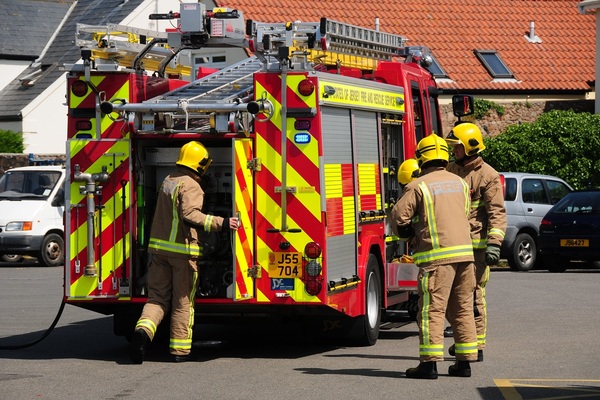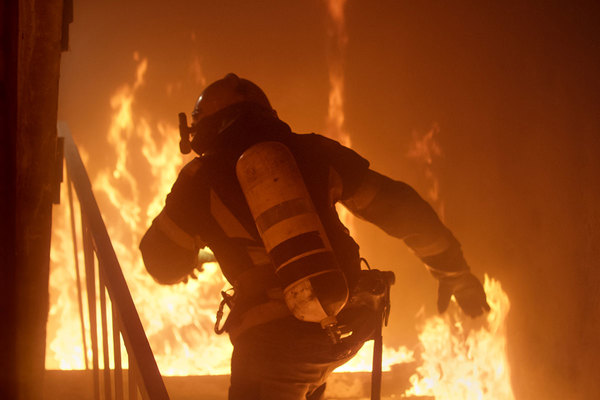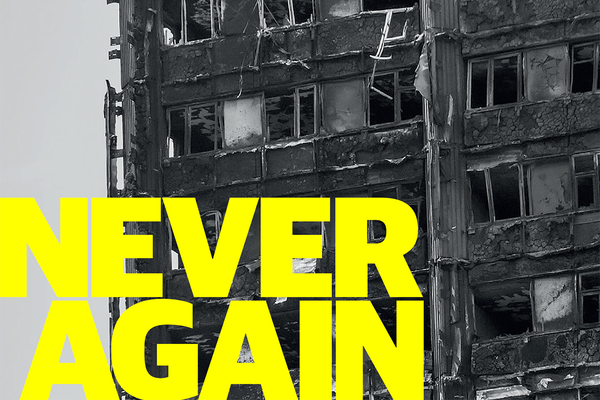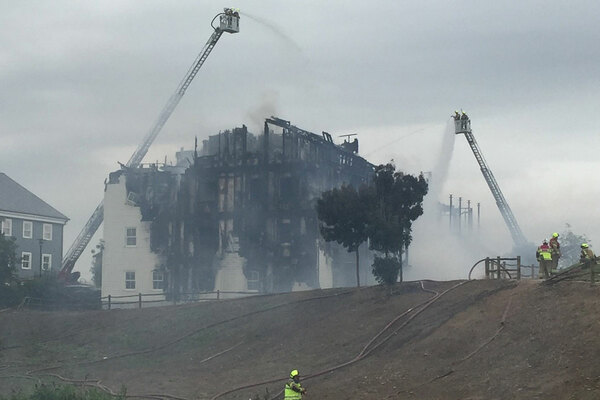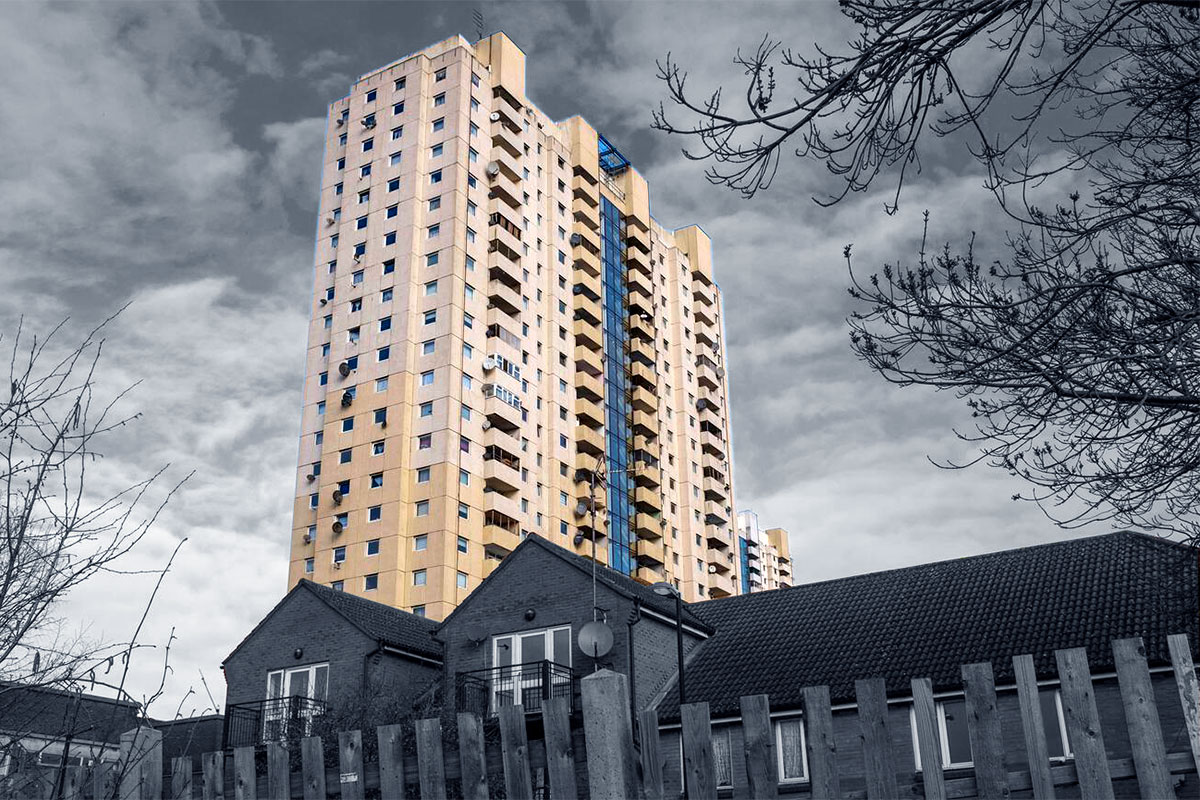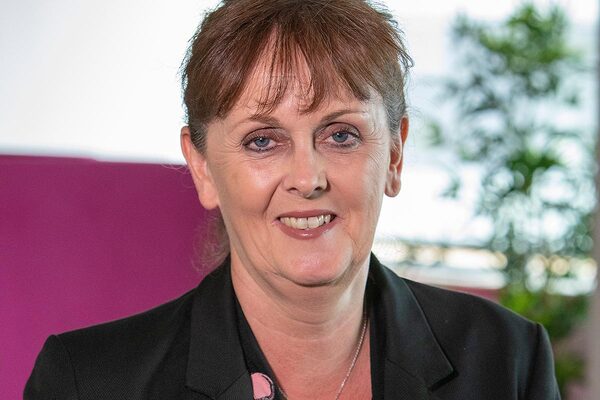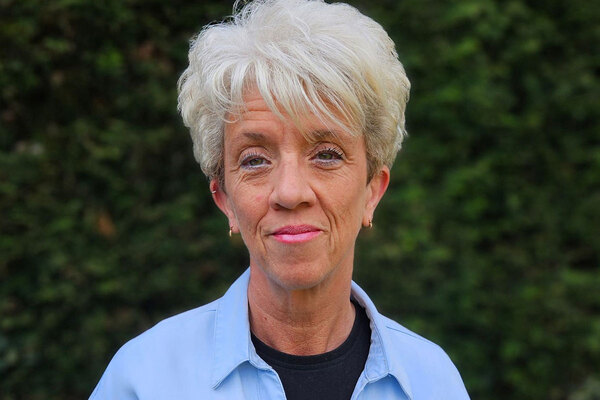You are viewing 1 of your 1 free articles
Grenfell fire brigade watch manager says he had no training in stay put
The first incident commander at the Grenfell Tower fire had no training in reversing the ‘stay put’ policy, or in evacuating older people, children or people with mobility issues from high-rise towers, the inquiry heard today.
Michael Dowden, watch manager at North Kensington fire station on the night of the fire, said he had no recollection of receiving training in reversing the stay put advice which led residents who called 999 to stay in their flats until 2.47am. The inquiry has already heard that the policy was redundant by 1.24am.
Mr Dowden, who was the first to spot the fire spreading externally and was in charge of the firefighting operation until around 2am that night, was asked by Richard Millett QC: “Did you ever receive any training in how to re-evaluate advice offered during fire survival calls throughout the incident?”
He replied: “Not that I can recall, no.”
The stay put policy is to advise tower block residents to remain in their flats in the event of a fire, based on the assumption that the building will resist the spread of the fire long enough for it to be contained.
The inquiry has previously heard this policy was kept in place for at least 90 minutes after it had effectively failed.
The inquiry heard that London Fire Brigade policy requires incident commanders to be able to adapt stay put strategies. One instruction read: “Incident commanders should understand when a partial or full evacuation strategy might become necessary in a residential building where a stay put policy is normally in place.”
Mr Dowden replied: “As an incident commander I cannot remember any time I have actually been on a training course that would facilitate that.”
Mr Dowden said that firefighters’ training on high-rise tower fires was often delivered theoretically because of the difficulties in carrying out practical training, such as a lack of high-rise tower blocks suitable for training exercises.
He said it was increasingly given via a computer-based simulation outsourced to the private company Babcock. He added that there was no formal training computer package on the stay put policy.
Mr Dowden also said that he had received no practical training in other issues such as evacuating people with mobility difficulties, including older people or children, from high-rise fires.
When Mr Millett said it sounded as if he was taught a lot about what the policy contained but not “trained specifically in how to implement parts of the policy,” Mr Dowden responded: “That is a fair comment.”
The inquiry continues.
More from the Grenfell Inquiry
Holborn Bars, London, where the inquiry sessions are taking place
Here are all our reports from the Grenfell Inquiry so far:
30 May: Grenfell Council 'recognised it should not house disabled victim above four storeys'
29 May: Anger on day six of the Grenfell Inquiry
25 May: Grenfell families 'forced to live in chimney with stay put policy'
24 May: Grenfell family complained about father being housed on 17th floor
23 May: Tributes to children on third day of Grenfell hearings
22 May: Emotions run high as Grenfell bereaved shown footage of the tower burning
Never Again campaign
Inside Housing has launched a campaign to improve fire safety following the Grenfell Tower fire
Never Again: campaign asks
Inside Housing is calling for immediate action to implement the learning from the Lakanal House fire, and a commitment to act – without delay – on learning from the Grenfell Tower tragedy as it becomes available.
LANDLORDS
- Take immediate action to check cladding and external panels on tower blocks and take prompt, appropriate action to remedy any problems
- Update risk assessments using an appropriate, qualified expert.
- Commit to renewing assessments annually and after major repair or cladding work is carried out
- Review and update evacuation policies and ‘stay put’ advice in light of risk assessments, and communicate clearly to residents
GOVERNMENT
- Provide urgent advice on the installation and upkeep of external insulation
- Update and clarify building regulations immediately – with a commitment to update if additional learning emerges at a later date from the Grenfell inquiry
- Fund the retrofitting of sprinkler systems in all tower blocks across the UK (except where there are specific structural reasons not to do so)
We will submit evidence from our research to the Grenfell public inquiry.
The inquiry should look at why opportunities to implement learning that could have prevented the fire were missed, in order to ensure similar opportunities are acted on in the future.
